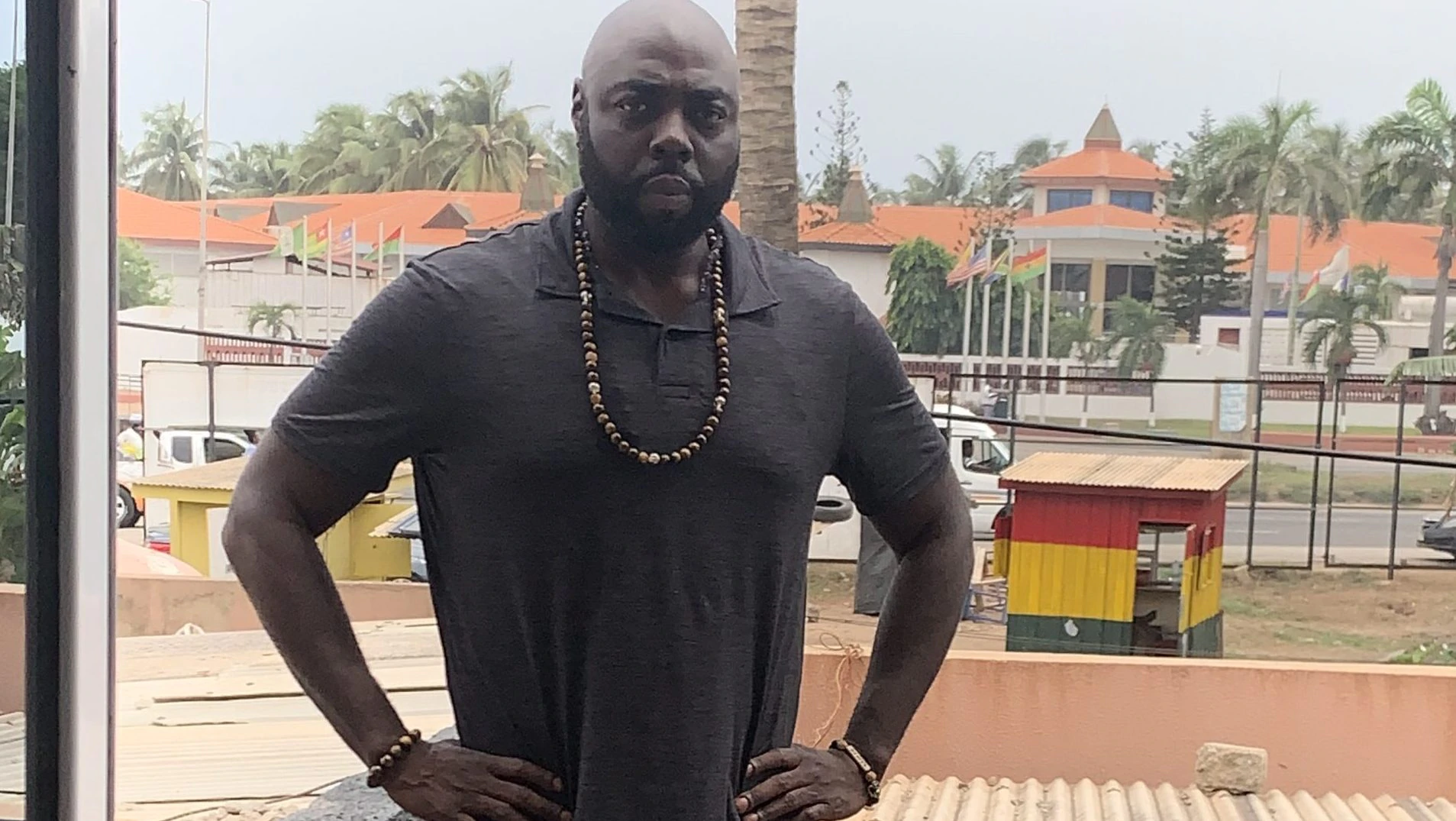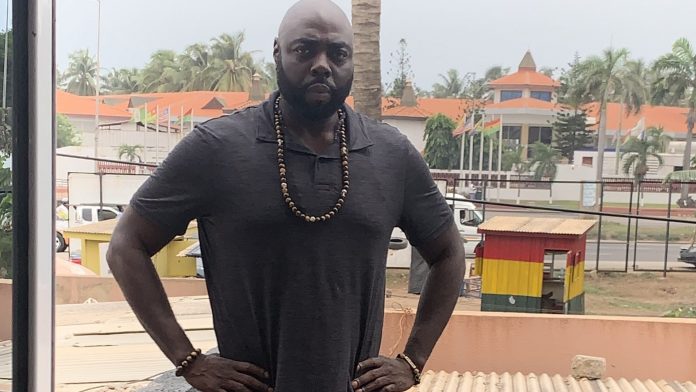[ad_1]
I originally purchased a one-way ticket to Ghana from New York City and arrived on Feb. 27 with an itinerary full of business meetings and social events to promote my tourism company.
But after a successful first two weeks in Ghana, on March 15, Ghanaian President Nana Akufo-Addo imposed a travel ban on all countries with 200 or more cases of COVID-19.
On March 19, the U.S. State Department issued a global level health advisory, warning citizens abroad to “arrange for immediate return to the United States, unless you are prepared to remain abroad for an indefinite period of time.”
READ MORE: Here’s how African countries are combating coronavirus
At 12 a.m. on March 23, Ghana had officially closed all of its borders indefinitely.
I was immediately met with fear and panic. My first thought was to practice mindfulness and evaluate all my options with a clear mind. I took a look at all the madness going on back in the United States; the National Guard and U.S. Army had been deployed to city streets, and New York was responsible for a third of all U.S. cases of COVID-19.
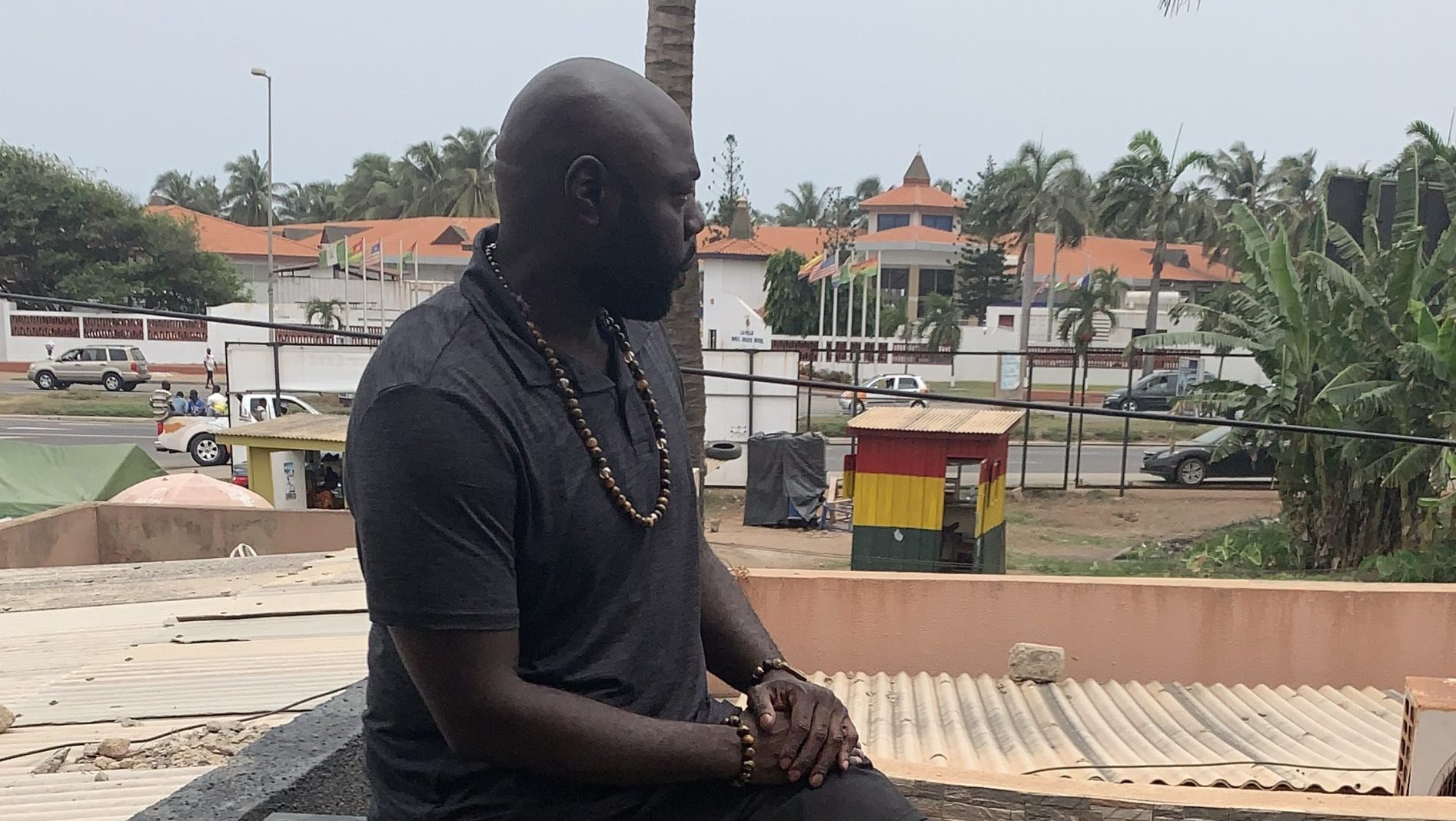
My home in New York is essentially ground zero for the potentially deadly virus. From the outside looking in, it’s hard not to believe conspiracy theorists who warned us about martial law. It now looks as if their warnings have become a reality, but just not as we imagined.
Weighing all of this I thought to myself, “Do I want to be in the States at this moment?”
After checking flight availability, prices surged from $500 to as much as $1,700 for a 3-day voyage with layovers in Paris and London. What’s more, non-stop flights cost between $4,500 to $6,000. Under the circumstances, I would’ve considered booking a return flight. However, I feared that I could expose myself even more to the virus in my attempt to get home.
READ MORE: Coronavirus traces lingered on cruiser for 17 days after the evacuation
I was also concerned about my current and future financial well-being. I am in the travel and tourism business. Many travel businesses are upending already. Should I spend my savings and customers pre-paid money just to get home, and support myself, indefinitely with no incoming finances? If I survive, what will I do when it’s actually time to serve my clients?
After meditation and serious contemplation, I found an alternative that would allow my savings to stretch, protect my customer investments and utilize my resources: I decided to stay in Ghana. I’m staying in Ghana not only to survive but prosper during what I believe is the greatest world crisis since World War II.
I originally began my trip to Ghana in the capital city, Accra. As the number of COVID-19 cases continued to climb, I began to take more notice. Many others seemed to be cautious about the virus’ spread, but far too many people in this crowded city still appeared to take things lightly.
One evening while buying an egg and bread sandwich for dinner, I saw a young man around 21 years old who lived in the complex where I was residing. He saw an older gentleman who was probably in his 50s, and they embraced each other, shook hands talked briefly before the young boy left.
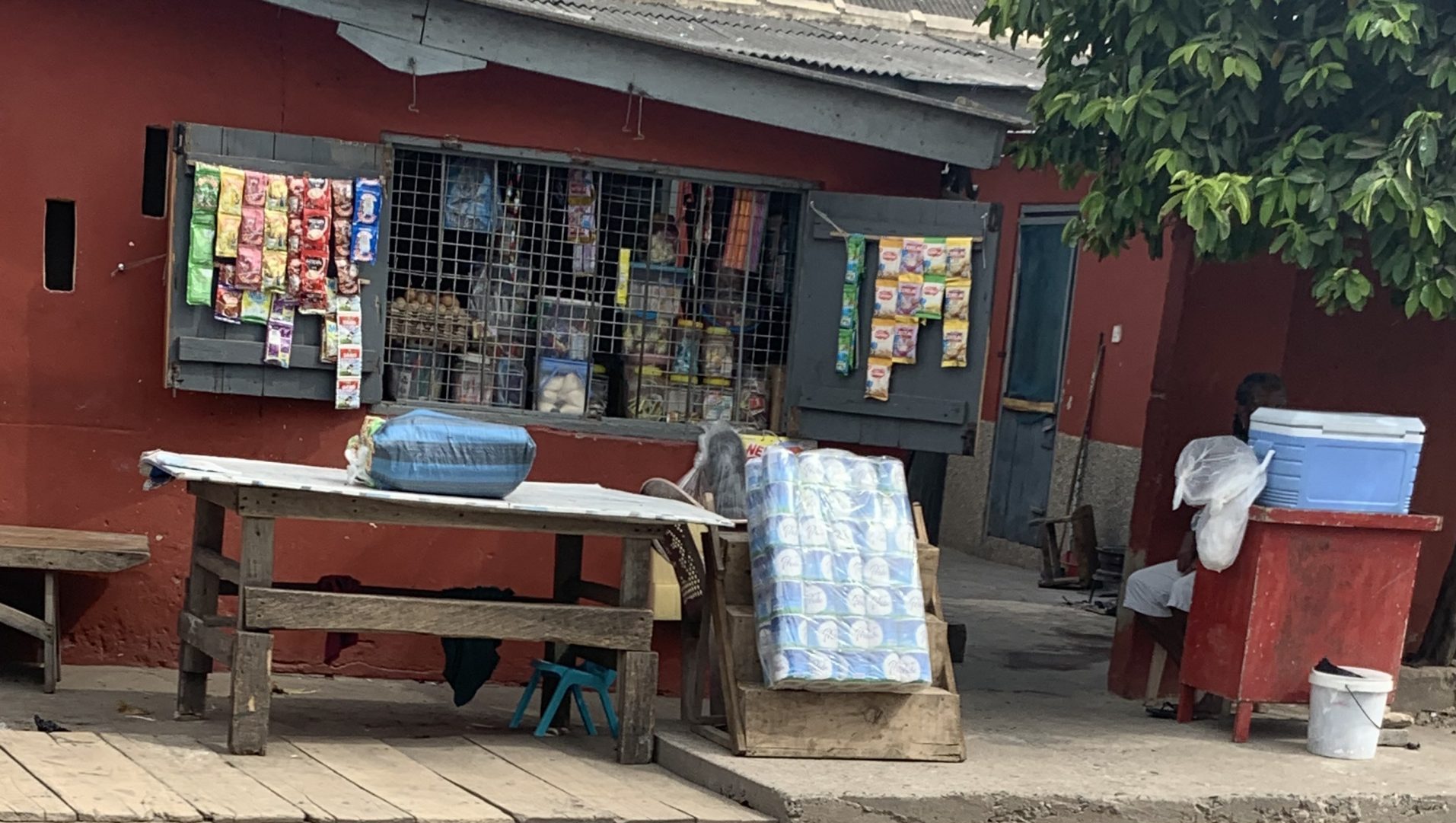
The older gentleman proceeded to wipe his nose with his sleeve, then his hand accidentally knocked over a display of water bottles and soda from the stand. He then picked the items up and placed them back. He continued to pick things up in the store and finally walked away without purchasing anything. Then when I finally noticed the cook wasn’t wearing gloves to prepare the food I had ordered, I just got up and walked away. I went to a convenience store and purchased bread for the evening.
At a time like this, who can blame me for being a germaphobe?
There are also concerns about being an American in Ghana during this difficult time. Several of Ghana’s cases of COVID-19 have been traced to people who have entered the country within 2 weeks of March 15. I do feel stereotyped as someone who might have the virus and brought it into the country.
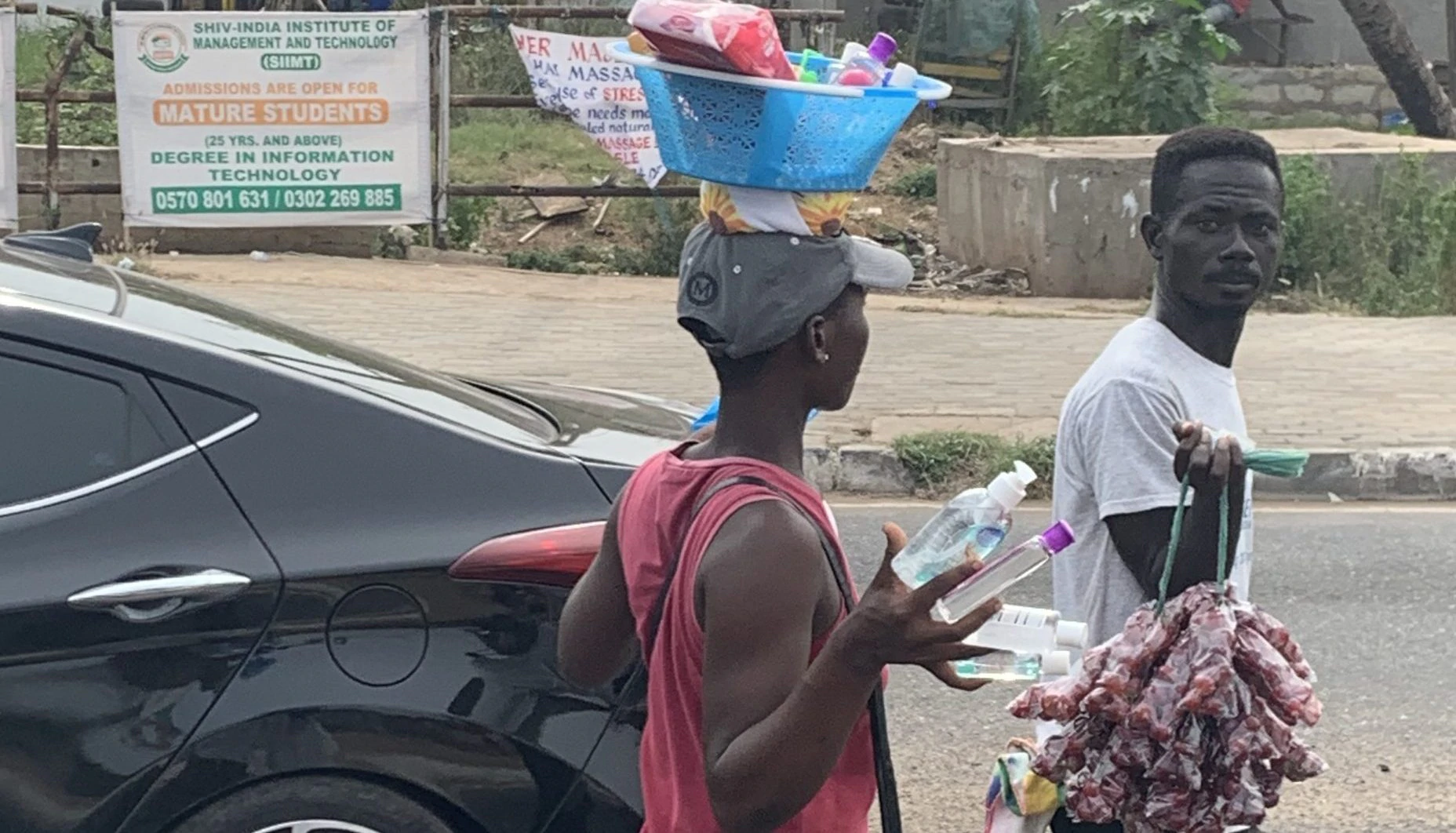
When I was at a restaurant that I frequently visit while in Ghana, I heard two of the workers having a discussion. The two were speaking in Twi. In the middle of the conversation, I heard “coronavirus, twi twi twi, Americans, no Black Americans too.” Then one of the workers glanced at me with a worried look, then quickly looked away. This was a day or two after two NBA players of African descent were diagnosed with the novel coronavirus.
READ MORE: 50 + Black businesses to support during the coronavirus pandemic
The morning after I abandoned my egg sandwich, I went for a walk and saw small children probably only 4 and 5 years old at most. I saw them looking at me as they whispered and giggled. Then one of the kids started play fighting; acting like they were beating someone up. All the kids, including the one acting, kept looking at me giggling. Between my fears of the virus spreading in Accra and the little kids who obviously get those sought of thoughts and ideas from their parents was enough for me to relocate from the area.
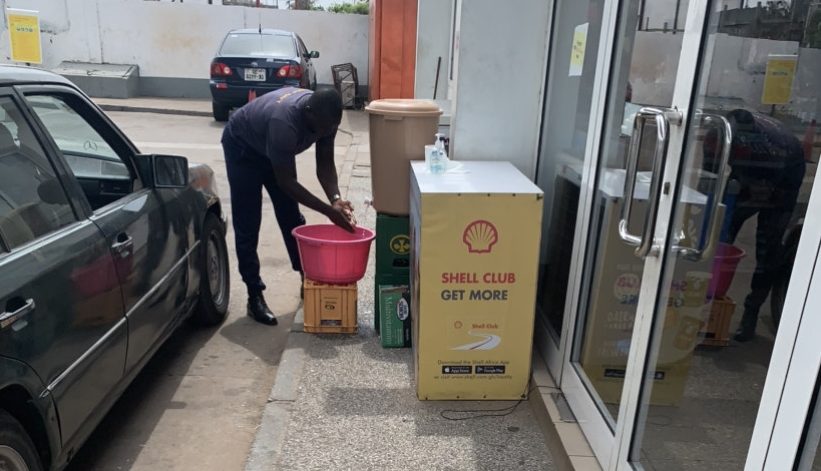
Later that afternoon I took up an offer to stay with a friend in the mountains of Aburi in Akuapem. My friend has been asking me to reside in their guesthouse for the prior two weeks. I now actually stay inside of a major tourist attraction, Aburi Botanical Gardens. It has been an amazing experience. Social distancing isn’t hard to practice here. It’s spacial, sunny and the air is fresh. I was able to restock my supplies anonymously, and though it hasn’t been long, I can already feel my tensions dissolving.
I have been in Ghana a full month now, and for how long I don’t know. Not only do I want to come back to America when it’s safe, but I also need to be able to come back to mother Africa too.
I know that I just need to remain mindful, stay in the present and continue to be smart, savvy and safe. If you ask me, I’m doing well. I think I’ll use the coronavirus method and take things 2 weeks at a time.
[ad_2]
Source link

